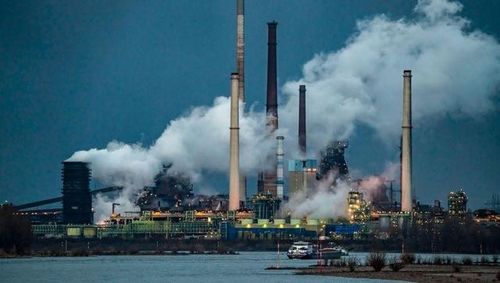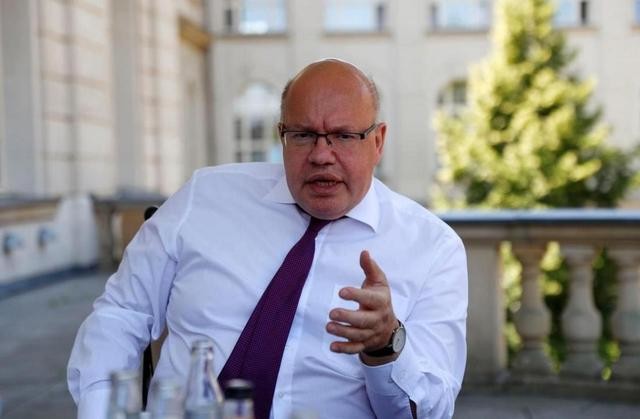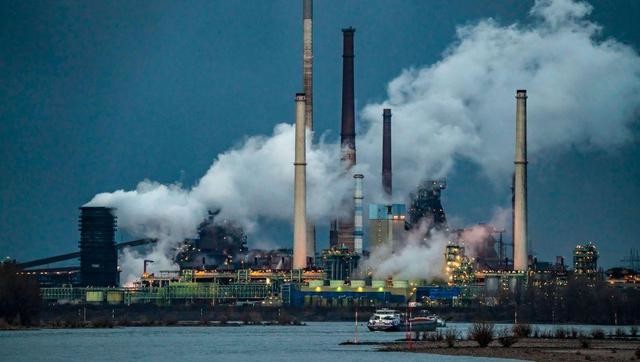German Federal Minister of Economy and Energy Altmeier announced on May 3, local time that Germany will raise at least 5 billion euros for transition subsidies for the steel industry from 2022 to 2024. He emphasized that the transformation of energy-intensive industries such as steel will be a long-term task.
△German Federal Minister of Economy and Energy Altmeier (Photo source: German media)
After years of losses and a severe depression in the new crown epidemic crisis, the surge in global demand in 2021 and the high prices of steel products have made the German steel industry profit again. However, the steel industry is also facing huge transformation challenges.
According to the climate goals set by the European Union, by 2030, the carbon dioxide emissions of EU countries will be reduced by 55% compared with 1990; by 2050, they will be fully carbon neutral. The steel industry is the focus of achieving this goal. However, according to data from the German Ministry of Environment, blast furnaces and steel plants emit about 58 million tons of carbon dioxide each year, accounting for more than 30% of industrial emissions and about 8% of Germany’s total emissions.
In 2020, the German government adopted a strategy to develop hydrogen energy, and the transformation of the steel industry plays a central role. Large steelmakers such as ThyssenKrupp and Salzgitter have tried to replace coal with hydrogen for the first time. However, experts believe that transformation is not easy, and high investment costs are the biggest obstacle to transformation.
△German steel mill (picture source: German media)
Altmaier said that about 35 billion euros will be invested in order to achieve the green transformation of the steel industry. “The exact amount depends on when the goal of carbon neutrality must be achieved.”
It is reported that ThyssenKrupp predicts that its transformation cost is about 10 billion euros, while the cost of Salzgitter is about 3 billion euros. The two steel giants emphasized that although the steel economy has stabilized in recent weeks, they cannot cope with high investments alone.
On May 3, Altmaier held a meeting with representatives of the steel industry. The representatives of the five major German steel groups asked the government to provide 15 to 30 billion euros in investment and subsidy commitments in the first phase. To this end, they will be in 2030 1/3 of steel production will be converted to green production before the end of the year, reducing 17 million tons of carbon dioxide emissions each year. (Source: CCTV News Headquarters reporter Yu Peng/Editor Yang Boyen)
statement:
The above text comes from the Internet, if there is any infringement, please inform and delete it immediately!





